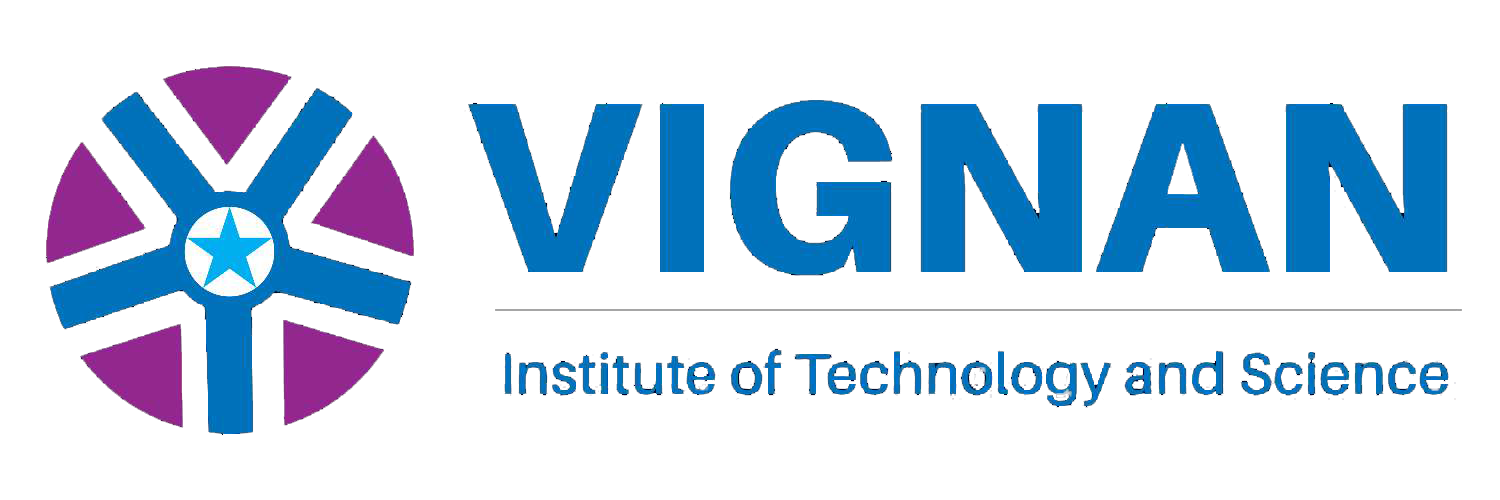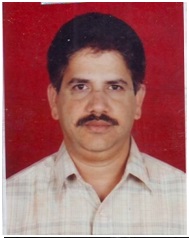Department of Basic Sciences and Humanities is part of Vignan Institute of Technology and Science right from its inception. The department fosters the basic concepts of Engineering with the following disciplines: English, Engineering Chemistry, Engineering Physics, Mathematics, Programming for Problem Solving, Engineering Graphics, BEE, Engineering workshop and Information Technology Workshop.
It has 13 sections with an intake of 780 students and each section consists of 60 students. The department encompass with the B.Tech. Courses – Civil. Engg., EIE, EEE, Mech. Engg. ECE, CSE, ITE., Data Structures, Machine Learning and Artificial Intelligence.

